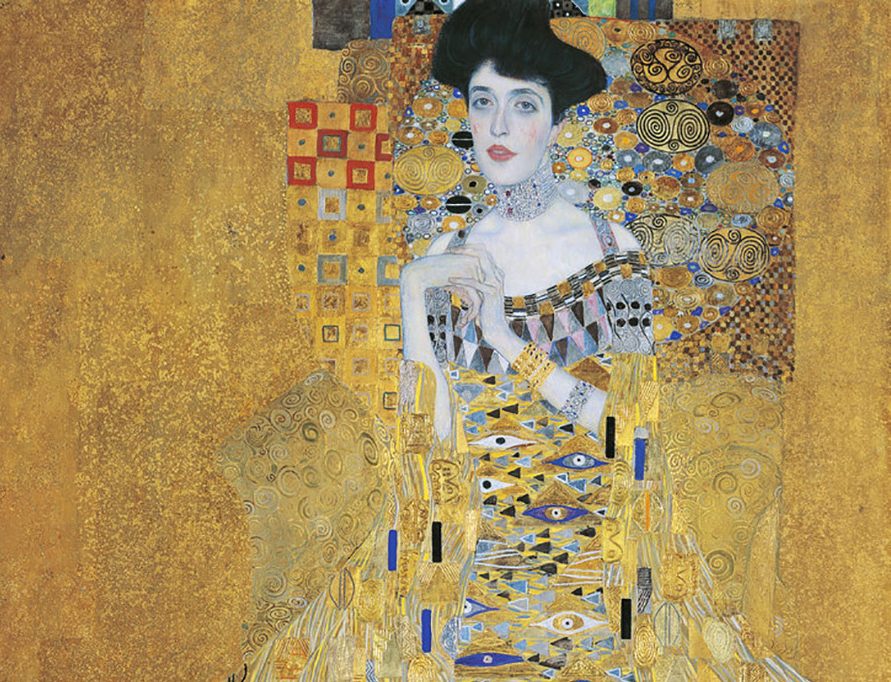click to dowload our latest edition
CLICK HERE TO SUBSCRIBE TO OUR NEWSLETTER


Published
4 years agoon
By
Jordan MosheMany Jews lost treasured heirlooms and assets when they were systematically looted by the Nazi regime. Finally, their descendants have a chance of reclaiming these prized possessions by contacting the German Lost Art Foundation’s newly established help desk.
The help desk was established in January this year to help people locate their wrongly-seized belongings. Headed by art historian Dr Susanne Meyer-Abich, the help desk aims to direct those with a legitimate claim to the right place in their search whether they live in Germany, South Africa, or elsewhere in the world.
The founder and executive director of the Johannesburg Holocaust & Genocide Centre, Tali Nates, says this German initiative is important, and again shows how the country continues to grapple with its painful past.
“It’s never simple to confront one’s past, especially when it is that of a country that perpetrated genocide,” she says. “This is a continuous journey, and I think Germany’s path wasn’t without difficulties and challenges. This new office is certainly important for looking at looted cultural assets including art.”
Meyer-Abich told the SA Jewish Report that the help desk was created as a central contact point for international enquiries about cultural property seized by the National Socialists as a result of persecution, especially from Jewish owners, and which may be located in German public museums.
“As the families of the former owners often live abroad, the help desk offers assistance in finding the right contact person in the German federal system,” Meyer-Abich says.
She says German museums and the German government take the question of looted art in public collections seriously. While many objects were restituted after 1945, museum collections still hold looted items. The foundation not only funds the help desk, but also provenance research projects that aim to identify looted art in German public museums.
The foundation supports fair and just solutions in accordance with the Washington Principles on Nazi-Confiscated Art. These are international guidelines concerning the restitution of art confiscated by the Nazi regime in Germany before and during World War II. They were formalised at the Washington Conference on Holocaust Era Assets held in Washington DC in December 1998. The conference discussed Jewish losses such as artworks, books, and archives, as well as insurance claims and other types of assets.
“Many restitution cases in Germany were already resolved over the years with the help of various officials, mediators, or lawyers,” says Meyer-Abich. “Nevertheless, the recent 20-year anniversary of the Washington Conference prompted a renewed resolve to provide additional assistance to claimants by establishing a central point of contact.”
Meyer-Abich says the help desk aims to facilitate the search rather than conduct it itself. Given the obvious language and bureaucratic barriers, it offers help in connecting potential claimants with the museums, libraries, and officials in Germany most suited to the case at hand.
“Our help desk is envisaged as a facilitator,” she says. “It can establish communication channels, help with language problems, assist in negotiating administrative mazes, and suggest next steps. The actual recovery usually requires more or less complex specialist research in historical archives, and the help desk can suggest researchers and options for funding.
“We started at the beginning of 2020 by publicising the help desk nationally and internationally. Due to the COVID-19 crisis, responses slowed down between February and now, but enquiries are picking up again. Some recoveries are in the pipeline, but research and discussions can take some time.”
To date, the help desk has received a number of enquiries from North America and the United Kingdom. While it has yet to receive enquiries from South Africa, Meyer-Abich encourages people to make contact, and says the help desk welcomes all queries.
“Contact can be made by email or phone to start a conversation,” she says. “There are no prerequisites, and each case will most likely be slightly different.”
Nates says that many Jews who fled Nazi persecution arrived on South African shores, leaving behind assets wrongly seized by the Nazi regime.
South Africa’s Quota Act of 1930 restricted immigrants from Eastern Europe, and as Germany wasn’t affected by this restriction, 3 621 German Jews were able to enter South Africa between 1933 and 1936. This immigration was stopped with the introduction of the 1937 Aliens Act, and during World War II only 220 Jewish immigrants were able to enter the country.
“The 537 German Jews on board the SS Stuttgart that arrived in Cape Town on 27 October 1936 were the last legal immigrants to arrive before the Aliens Act came into force,” says Nates. “After the war, some Holocaust survivors, including German Jews, made South Africa their home.
“This help desk is significant because families in South Africa who had their cherished possessions stolen by the Nazis will hopefully be able to find out more details about their family objects and potentially get them back.
“While the enormous loss can never be filled, some links to the past and to loved ones can be restored by trying to regain some of the significant artefacts and objects looted by the Nazis.
“I call on descendants living in South Africa whose cultural assets were seized during the National Socialist era to contact this new help desk”.
